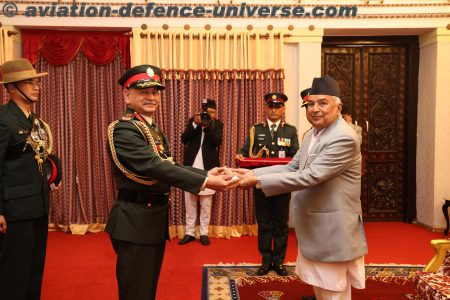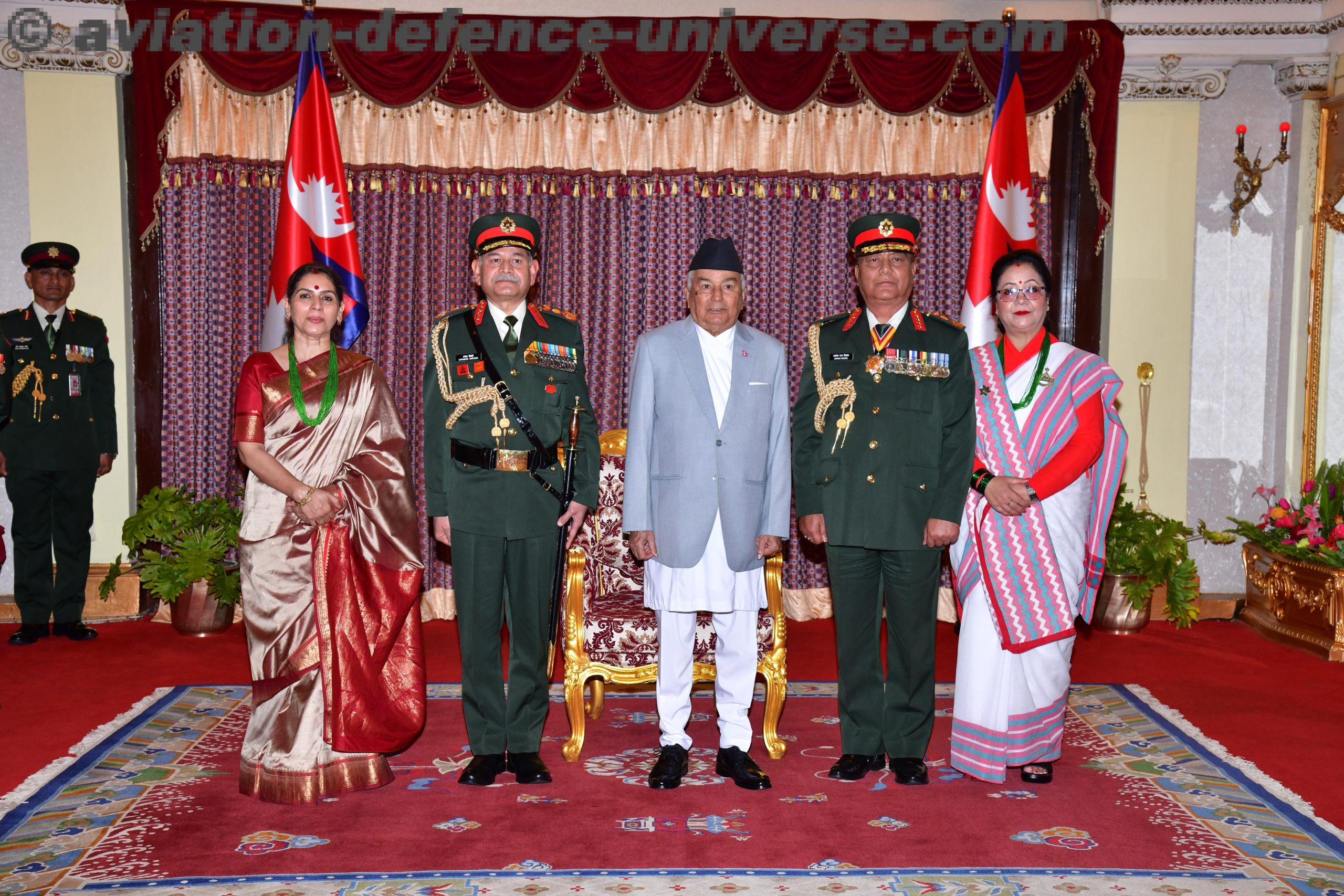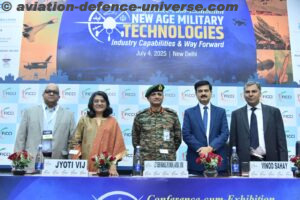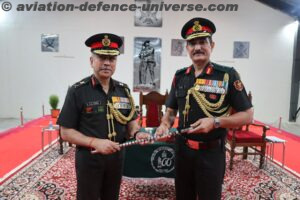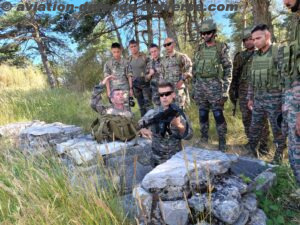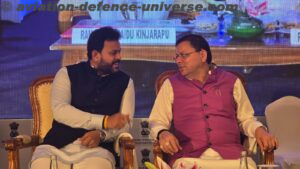- A Celebration of India-Nepal Friendship
New Delhi. 21 November 2024. In a historic gesture underscoring the enduring friendship and strategic ties between India and Nepal, General Upendra Dwivedi, Chief of Army Staff (COAS) of the Indian Army, was conferred with the prestigious title of Honorary General of the Nepali Army. The conferment ceremony, held at the Rashtrapati Bhawan in Kathmandu, marked a significant milestone in the unique tradition of honorary generalship shared between the two nations.
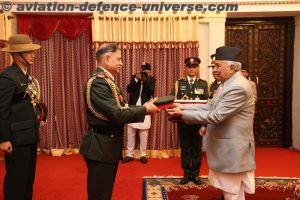 Symbolic Tradition of Military Unity
Symbolic Tradition of Military Unity
The tradition of exchanging honorary generalships between the Indian and Nepali Armies dates back to the 1950s. This symbolic exchange of titles, conducted every three years, highlights the mutual respect, trust, and shared commitment to peace and regional stability that define India-Nepal relations.
The conferment of Honorary Generalship reflects the close cooperation between the two militaries, which collaborate on joint training, disaster response, and military exercises. It is also a testament to the socio-cultural bonds and open borders that link the two nations. By celebrating shared values and a collective vision for security, this tradition continues to reinforce bilateral ties at the highest levels.
A Historic Ceremony
During the event, General Dwivedi received the ceremonial insignia from the Right Honourable President of Nepal at the Rashtrapati Bhawan. Senior Nepali officials and military leaders, including General Ashok Raj Sigdel, Chief of Army Staff of the Nepali Army, attended the event. General Dwivedi expressed his gratitude for the honour, emphasizing the deep respect and camaraderie between the two armed forces.
Closing Ceremony and Strengthened Bonds
The conferment ceremony concluded with a banquet hosted by the Nepali Army in honour of General Dwivedi, providing an opportunity to further discussions on defence collaboration and regional security. The event symbolized the strengthening of military and cultural ties, fostering deeper engagement between the two nations.
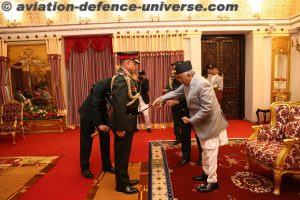 About the Honorary Generalship Tradition
About the Honorary Generalship Tradition
This tradition, rooted in decades of trust and collaboration, symbolizes the unique military and cultural relationship between India and Nepal. It serves as a recognition of shared values, mutual respect, and a steadfast commitment to peace in South Asia.
General Upendra Dwivedi’s conferment as Honorary General of the Nepali Army not only celebrates the longstanding bond between the two nations but also sets the stage for future cooperation and shared progress. The tradition, steeped in mutual admiration and strategic alignment, continues to be a cornerstone of the robust India-Nepal partnership.
The tradition of exchanging honorary generalships between the Indian and Nepali Armies traces its origins to 1950, when General KM Cariappa, then Chief of the Indian Army, was conferred the title of Honorary General of the Nepali Army. This gesture was reciprocated in 1969 when General Surendra Bahadur Shah of the Royal Nepalese Army was similarly honored by India. This ceremonial exchange is rooted in fostering cordial relations and friendship between the two nations and their armed forces, aiming to strengthen peace and cooperation in the region.
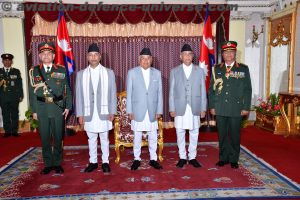 Historic Military Ties between the Two Neighbours
Historic Military Ties between the Two Neighbours
Military ties between India and Nepal date back to 1952, when Nepal requested India to establish a military mission. This mission underwent several iterations under different acronyms before its withdrawal in 1970 due to Communist influence. During his tenure as Army Chief, Field Marshal Sam Manekshaw established a special Gorkha cell to enhance ties between the two armies. This initiative revitalized relations, eventually leading to the recognition of Indian and Nepali Army Chiefs as honorary generals of each other’s forces. Welfare measures for Gorkha ex-servicemen were introduced in Nepal, and Indian Army officers were required to gain proficiency in the Nepali language and trek across the remote regions where Gorkha soldiers originated.
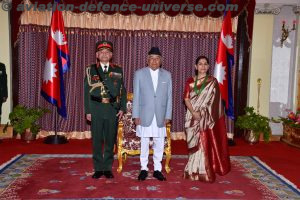 The military cooperation between the two nations is unique. Nepal’s advanced military training is conducted in India on a preferential basis. The India-Nepal Security Cooperation Agreement, signed in 2003 during Nepal’s Maoist insurgency, facilitated strategic collaboration. The Indian Army provided tactical guidance and military hardware—both lethal and non-lethal—to the Nepal Army during this period. However, in 2005, when King Gyanendra staged a royal coup and dismissed Nepal’s elected government, India suspended the supply of lethal equipment. This decision, driven by political considerations, caused a rift between India’s Army and Foreign Office, with the latter’s stance prevailing despite concerns from then Army Chief General JJ Singh, who warned that suspending military support might impact counter-insurgency efforts and bilateral military relations.
The military cooperation between the two nations is unique. Nepal’s advanced military training is conducted in India on a preferential basis. The India-Nepal Security Cooperation Agreement, signed in 2003 during Nepal’s Maoist insurgency, facilitated strategic collaboration. The Indian Army provided tactical guidance and military hardware—both lethal and non-lethal—to the Nepal Army during this period. However, in 2005, when King Gyanendra staged a royal coup and dismissed Nepal’s elected government, India suspended the supply of lethal equipment. This decision, driven by political considerations, caused a rift between India’s Army and Foreign Office, with the latter’s stance prevailing despite concerns from then Army Chief General JJ Singh, who warned that suspending military support might impact counter-insurgency efforts and bilateral military relations.
Despite these challenges, the two armies have maintained strong ties through initiatives such as the Surya Kiran joint military exercises and collaborative seminars. These engagements underscore the deep-rooted military and cultural connection between India and Nepal, reflecting their enduring partnership and shared security goals in the region.

































